Filter by

Zones of control :perspectives on wargaming
Games with military themes date back to antiquity, and yet they are curiously neglected in much of the academic and trade literature on games and game history. This volume fills that gap, providing a diverse set of perspectives on war-gaming's past, present, and future. In Zones of Control, contributors consider war-games played for entertainment, education, and military planning, in terms of d…
- Edition
- -
- ISBN/ISSN
- 9780262334945
- Collation
- 1 online resource (xxxviii, 806 pages) :illustrations.
- Series Title
- -
- Call Number
- -
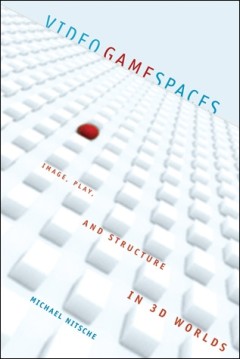
Video Game Spaces: Image, Play, and Structure in 3D Worlds
Here, Nitsche introduces five analytical layers - rule-based space, mediated space, fictional space, play space, and social space - and uses them in the analyses of games that range from early classics to recent titles.OCLC-licensed vendor bibliographic record.
- Edition
- -
- ISBN/ISSN
- 9780262255110
- Collation
- 1 online resource (viii, 305 pages) :illustrations
- Series Title
- -
- Call Number
- -
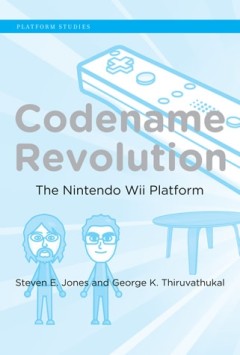
Codename revolution: The Nintendo WII platform
The Nintendo Wii, introduced in 2006, helped usher in a moment of retro-reinvention in video game play. This hugely popular console system, codenamed Revolution during development, signaled a turn away from fully immersive, time-consuming MMORPGs or forty-hour FPS games and back toward family fun in the living room. Players using the wireless motion-sensitive controller (the Wii Remote, or "Wii…
- Edition
- -
- ISBN/ISSN
- 9780262301312
- Collation
- 1 online resource (x, 204 pages) :illustrations.
- Series Title
- -
- Call Number
- -
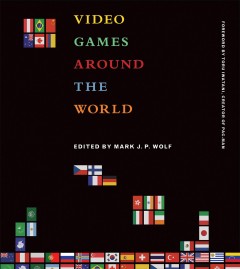
Video Games Around the World
Thirty-nine essays explore the vast diversity of video game history and culture across all the world's continents.OCLC-licensed vendor bibliographic record.
- Edition
- -
- ISBN/ISSN
- 9780262328487
- Collation
- 1 online resource (xiv, 697 pages) :illustrations
- Series Title
- -
- Call Number
- -
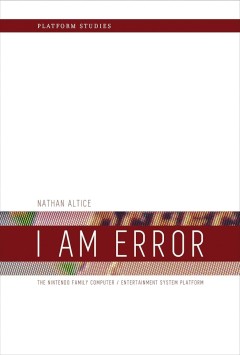
I Am Error: The Nintendo Family Computer / Entertainment System Platform
In the 1987 Nintendo Entertainment System videogame Zelda II: The Adventure of Link, a character famously declared: I AM ERROR. Puzzled players assumed that this cryptic mesage was a programming flaw, but it was actually a clumsy Japanese-English translation of "My Name is Error," a benign programmer's joke. In I AM ERROR Nathan Altice explores the complex material histories of the Nintendo Ent…
- Edition
- -
- ISBN/ISSN
- 0262328399
- Collation
- 1 online resource (xii, 426 pages) :illustrations.
- Series Title
- -
- Call Number
- -
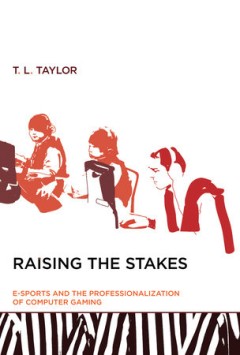
Raising the Stakes :E-Sports and the Professionalization of Computer Gaming
"Competitive video and computer game play is nothing new: the documentary King of Kong memorably portrays a Donkey Kong player's attempts to achieve the all-time highest score; the television show Starcade (1982--1984) featured competitions among arcade game players; and first-person shooter games of the 1990s became multiplayer through network play. A new development in the world of digital ga…
- Edition
- -
- ISBN/ISSN
- 9780262301268
- Collation
- 1 online resource (viii, 323 pages) :illustrations
- Series Title
- -
- Call Number
- -
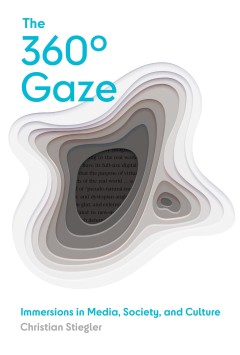
The 360? gaze :immersions in media, society, and culture
"A history of Immersion from Plato's cave to the Oculus Rift"--OCLC-licensed vendor bibliographic record.
- Edition
- -
- ISBN/ISSN
- 9780262363310
- Collation
- 1 online resource.
- Series Title
- -
- Call Number
- -

Playing Oppression: The Legacy of Conquest and Empire in Colonialist Board Games
"A critical investigation of a massive commercial phenomenon, the so-called "Euro" or "German"-style tabletop board games whose basic goal is explore, expand, exploit, and exterminate"--OCLC-licensed vendor bibliographic record.
- Edition
- -
- ISBN/ISSN
- 9780262373715
- Collation
- 1 online resource
- Series Title
- -
- Call Number
- 325.32
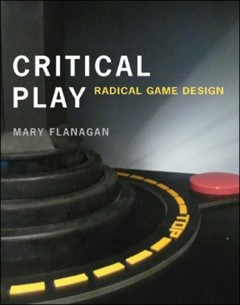
Critical play : Radical Game Design
An examination of subversive games-games designed for political, aesthetic, and social critique.
- Edition
- -
- ISBN/ISSN
- -
- Collation
- 1 online resource (vii, 353 pages) :
- Series Title
- -
- Call Number
- -
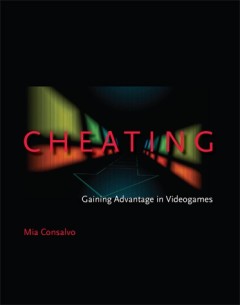
Cheating: Gaining Advantage in Videogames
"In Cheating, Mia Consalvo investigates how players choose to play games and what happens when they can't always play the way they'd like. She explores a broad range of player behavior, including cheating (alone and in groups); examines the varying ways that players and industry define cheating; describes how the game industry itself has helped systematize cheating; and studies online cheating …
- Edition
- -
- ISBN/ISSN
- 9780262270748
- Collation
- 1 online resource (ix, 228 pages)
- Series Title
- -
- Call Number
- -
 Computer Science, Information & General Works
Computer Science, Information & General Works  Philosophy & Psychology
Philosophy & Psychology  Religion
Religion  Social Sciences
Social Sciences  Language
Language  Pure Science
Pure Science  Applied Sciences
Applied Sciences  Art & Recreation
Art & Recreation  Literature
Literature  History & Geography
History & Geography